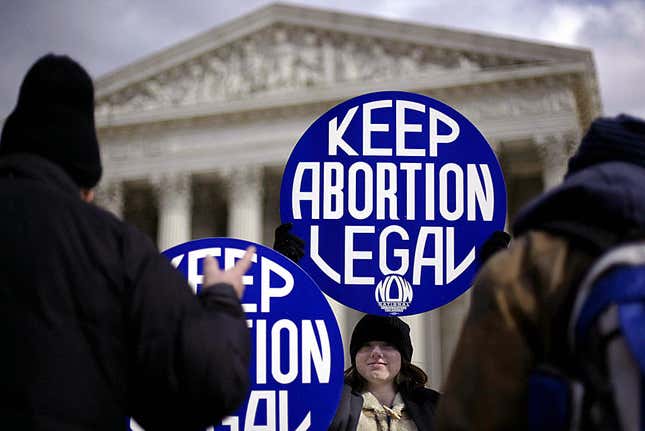

A federal appeals court has ruled that Tennessee can begin enforcing its ban on abortions based on a prenatal diagnosis of Down syndrome, or the race and gender of the fetus.
The ban was part of a larger piece of anti-abortion legislation that passed into law earlier this year, which included a measure to ban abortion at six weeks. A lower court immediately stopped the legislation from going into effect, and the six-week ban—a blatant violation of Roe v. Wade—will continue to be blocked as the state argues the case in court.
But in the meantime, people seeking and providing abortions in the state will now be subject to what’s known as a “reason ban,” a term that describes attempts to limit abortion based on a patient’s reason for seeking one—or, more often, their suspected reason.
-

-

-

-

-

-

-

-

-

-

-

-

-

-

-

-

-

-

-

-

-

-

-

-

-

-

-

-

-

-

-

-

-

-

-

-

-

-

-

-








































